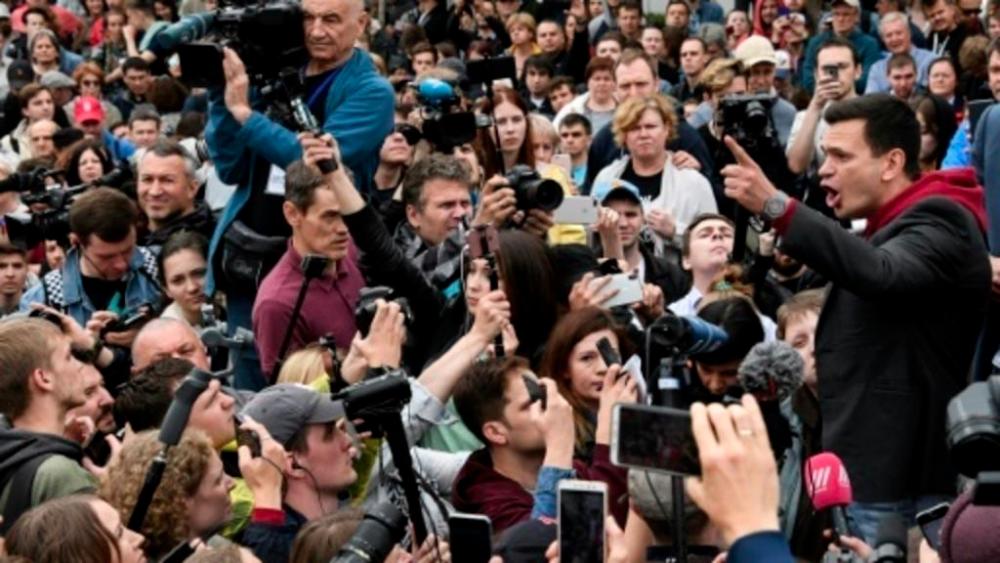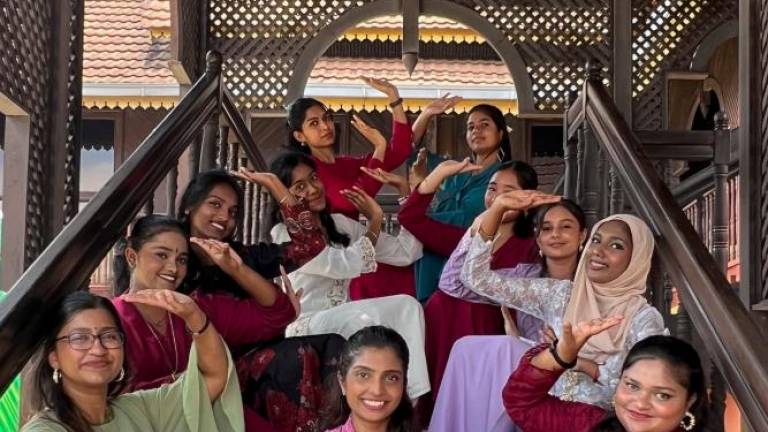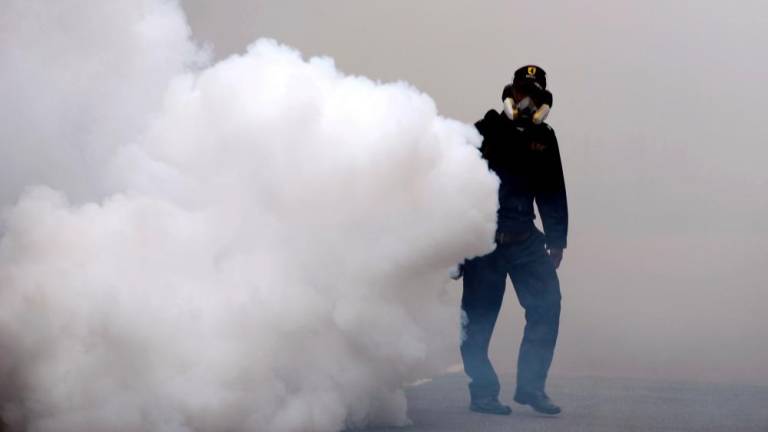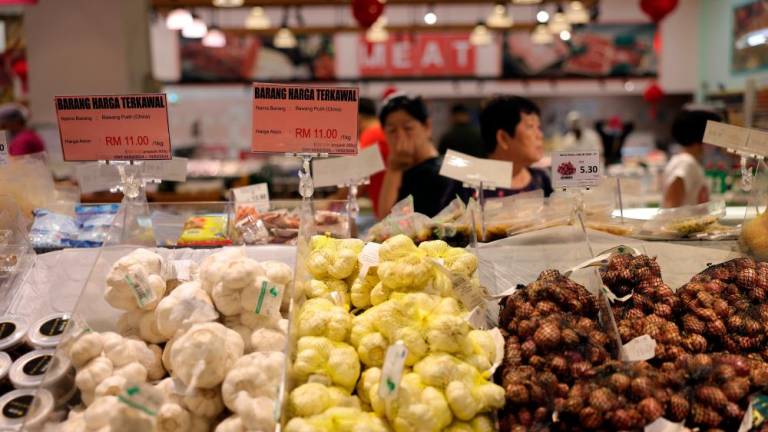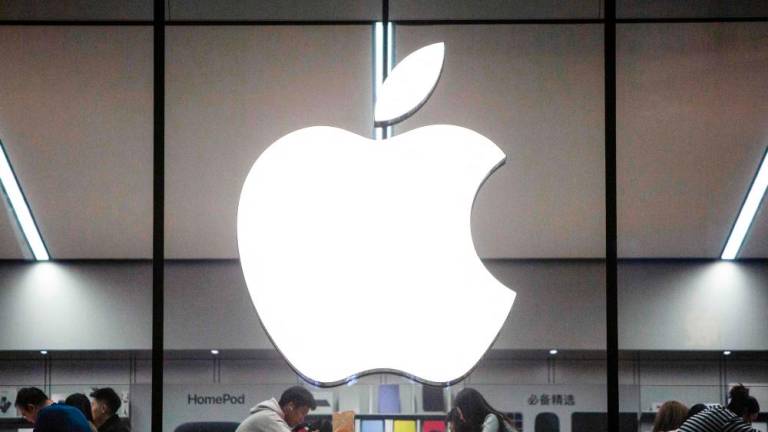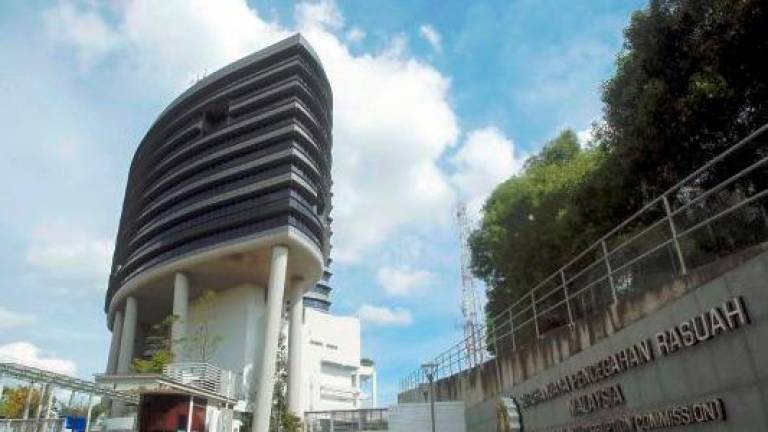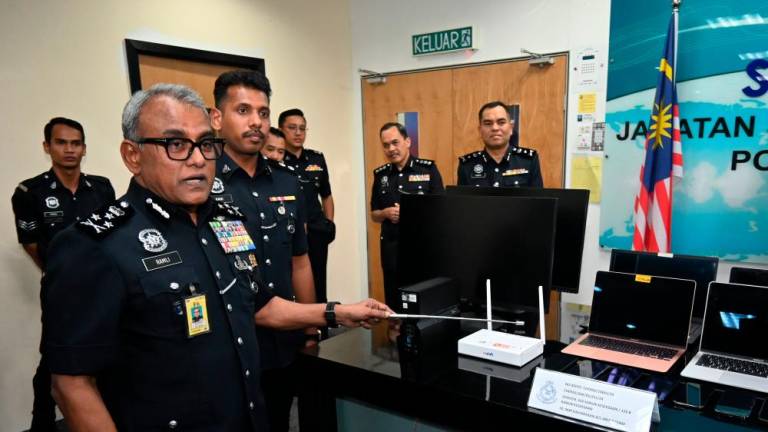MOSCOW: Russian opposition politicians aim to capitalise on public discontent and President Vladimir Putin’s falling approval ratings as they fight to get on the ballot for local elections in September.
But critics say authorities are pulling out all the stops to prevent allies of opposition leader Alexei Navalny from running in elections to the Russian capital’s parliament.
The opposition says officials have falsely accused them of faking signatures, employed spoilers to draw support from popular candidates and deployed police to arrest them.
“We have a right to have our own candidates,“ Navalny said in a post on Facebook, urging Muscovites to mobilise and take to the streets.
Several dozen people were arrested during a protest on Sunday as some 2,000 people gathered in central Moscow to demand that independent candidates be included on the ballot.
Prominent opposition candidates Ilya Yashin, who is a local councillor, and Lyubov Sobol, who is a close ally of Navalny, were among those detained.
Like other independent candidates, they were told the number of allegedly fabricated signatures backing their candidacies exceeded the permitted proportion.
Sobol on Saturday declared a hunger strike in protest.
After her detention on Sunday she tried to run away from a police station and was detained again before being released.
The commission has not yet announced the list of legitimate candidates.
The opposition fears that its candidates will not be allowed to run in the vote and vowed to stage daily protests.
On Monday evening, hundreds of people gathered for a new rally in central Moscow. Some held placards critical of Putin.
“All the people who enjoy support in society should be allowed to run,“ Sobol, a 31-year-old lawyer, said at the rally.
“The Earth will not stop spinning on its axis if the Moscow city parliament gets an opposition faction.”
No representation
Over the past 20 years Putin has muzzled independent media and sidelined dissenters, leaving opposition parties without representation in parliament.
Navalny was not allowed to run against Putin in a presidential poll in 2018 because of a conviction in a fraud case which has been viewed as punishment for his activism.
Local polls have largely become the only legal opportunity for opposition politicians to have a say in Russia’s political life.
Some 7.2 million people can vote on September 8 to elect 45 lawmakers in the Moscow parliament, which is dominated by the ruling party United Russia and never opposes the policies of Mayor Sergei Sobyanin, who was re-elected last year.
Despite Sobyanin’s huge spending on public infrastructure in the Russian capital, discontent has been building for years over unchecked development, destruction of green spaces, and lack of public say over massive expenditure in the city of 12 million people.
But the opposition has practically no representation in the extraordinarily wealthy city with a budget of 2.6 trillion rubles (RM 170.4 billion).
Opposition candidates seeking to get on the ballot are forced to jump through countless hoops, notably a requirement to gather large numbers of signatures.
‘Blatant injustice’
The authorities have used various other ways such as inviting Kremlin-friendly figures to run to siphon off support from the opposition.
In one Moscow district, activist and council member Alexandra Andreyeva had to campaign against another Alexandra Andreyeva, a complete unknown who sports the same eyeglasses on campaign posters.
“They even had to marry her off urgently so that her last name became the same,“ said activist Andreyeva.
As living standards decline and United Russia becomes increasingly unpopular, Kremlin-friendly candidates are disguising themselves as independents in a bid to distance themselves from the ruling party.
But they are still promoted with state resources, opposition candidates say.
Leading rights activists including Lev Ponomarev and Svetlana Gannushkina warned in an open letter that an increasing sense of injustice could lead to a new political crisis.
“When voters are sure of obvious and blatant injustice in the elections, it leads to instability that is dangerous both for the public and the authorities,“ they wrote. — AFP



